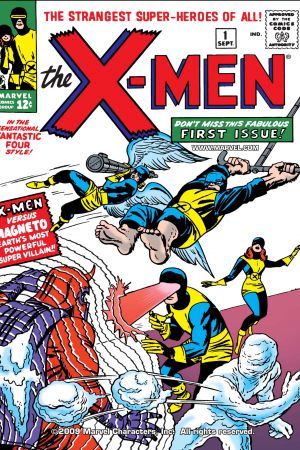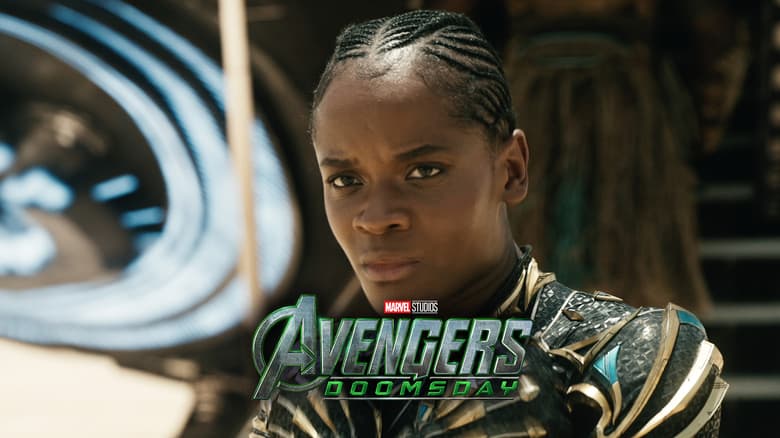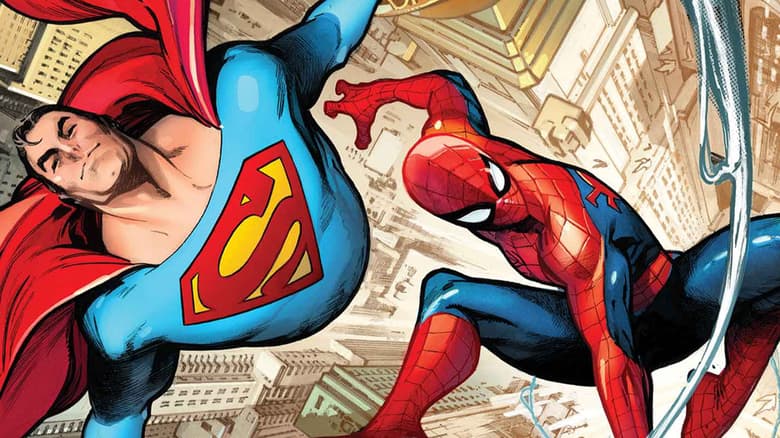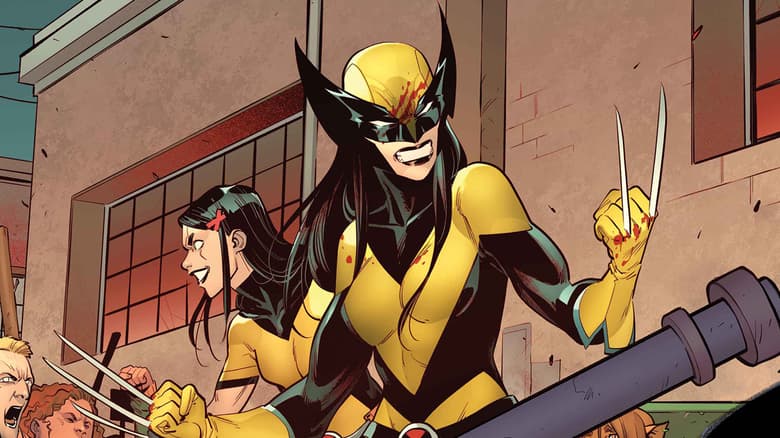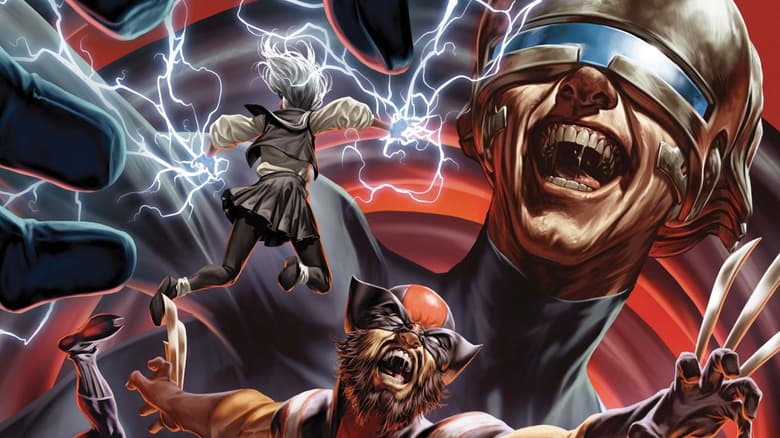Writer Brad Meltzer on His Favorite Marvel Comics of the 1960s
The bestselling author traces his love for Marvel’s mutants back to the '60s!

Each week, the Best of the Decade column honors 80 years of comic book excellence by spotlighting a single issue from the House of Ideas beloved by the best in the business!
Before he delivered bestselling books on a regular basis, writer Brad Meltzer had a different dream: enrolling at Charles Xavier’s educational institution and emerging as one of the X-Men!
“The idea that you could go to school and become a Super Hero,” muses Meltzer of the original conceit featured in UNCANNY X-MEN circa 1963. “I can’t think of a better childhood fantasy.”
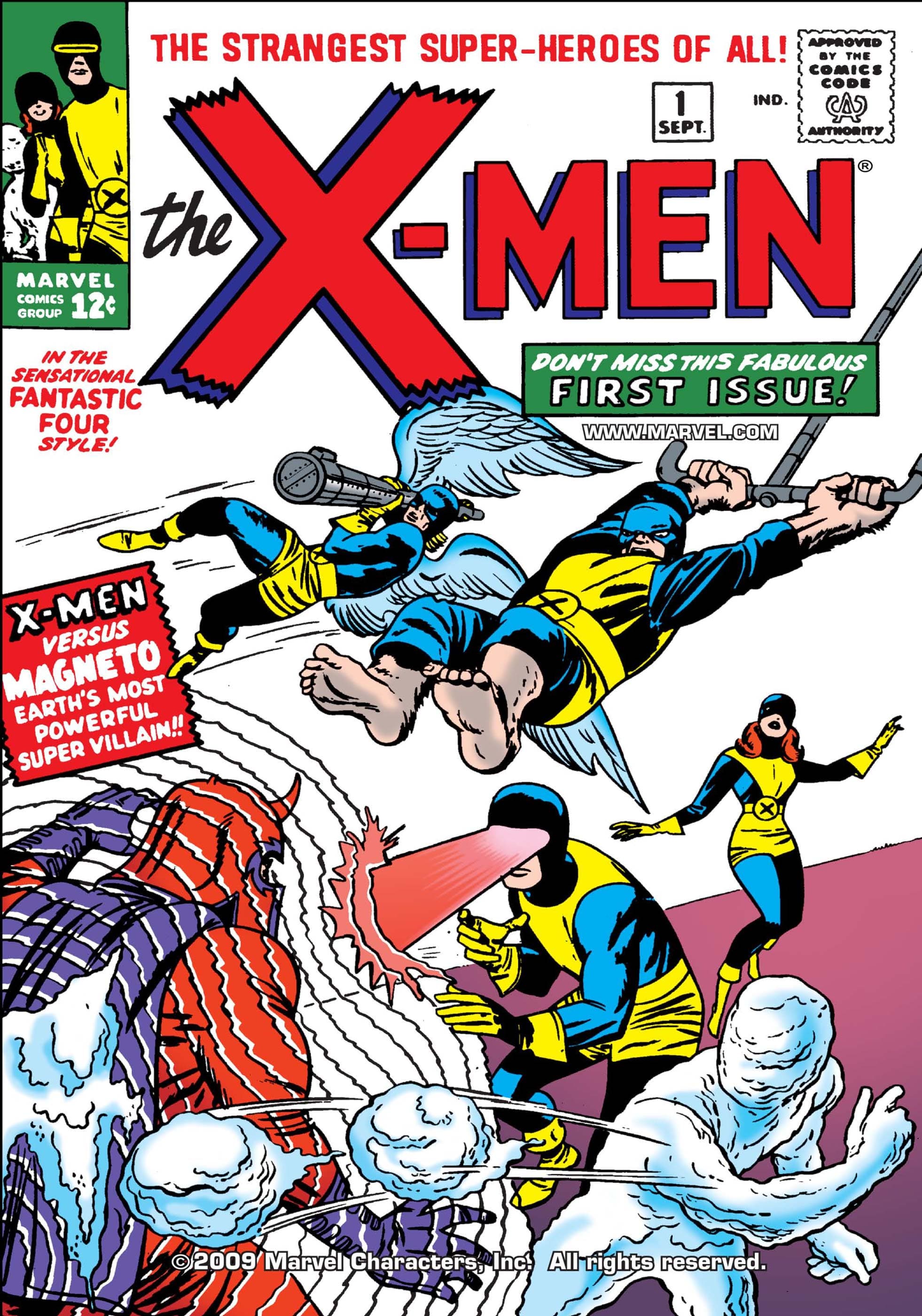
To dive into mutant mayhem of a more modern vintage, explore the latest issue of UNCANNY X-MEN, by Matthew Rosenberg and Salvador Larroca, plus look through the big news from this past weekend’s C2E2 heralding the return of Jonathan Hickman to the House of Ideas!
But right now, behold our banter with Brad about where his connection to the Children of the Atom came from, what makes Marvel of the '60s stand out to a kid reading comics over a decade later, and much more.
Marvel.com: While you did not start reading Marvel in the '60s, you still have a love for books from that era—where did this come from?
Brad Meltzer: That was all I had! It’s funny, because it wasn’t intentional, but my first Marvel comics were UNCANNY X-MEN #1 and DAREDEVIL #1 from the compilation book Son of Origins, where they’d reprint the stories in order in omnibus form. You’d get the first X-Men issue with [Jack] Kirby art and then also a more current X-Men story. I know for sure it had the first Daredevil and then another Daredevil from the Vietnam era, which is where we were when that book came out. There was an Agents of S.H.I.E.L.D. story I remember too—a whole bunch of stuff. My first X-Men story was [UNCANNY #1] because it was in that compilation. For me, I knew this wasn’t the current stuff, but it was nice to start from the beginning, from the moment of creation.
Marvel.com: As you were experiencing multiple eras of Marvel at once, what really stood out about that formative '60s material that made it special?
Meltzer: Even at age nine, I knew there was a purity to it. [UNCANNY X-MEN #1] is so basic good vs evil. For me, it was all new, but it felt simplified in an elegant way—there was an elegance to it.
Marvel.com: What is the title from that period you most gravitate toward?
Meltzer: Oh, it was the X-Men—the X-Men were it for me. I liked the X-Men better than the Avengers for years until George Perez came on [that book as artist].
I always have an affinity for groups, and particularly groups that feel like family. I love that “here are all these boys and then suddenly here comes this girl” [when Jean Grey first appears in UNCANNY X-MEN #1]. This pretty girl shows up and everybody has to impress her, everybody has to do something; and then here’s Professor X, the dad, doing his “X-Men to me” thing and scolding everyone. On top of that, there was something that really appealed to me about a school for Super Heroes. That was just a bananas idea. In that first issue, Xavier is giving them tests—Angel has to fly through obstacles and Iceman creates like a giant jai alai racket to deflect an attack. They’re being quizzed! “You were four seconds too late this time!” This is the greatest school ever!
Marvel.com: What other Marvel books from the 1960s did you enjoy?
Meltzer: I definitely remember FANTASTIC FOUR, although the concepts impressed me more than the art back then when I was a kid. Those issues really sold the idea that these were explorers, which was just a great metaphor for the age.
Read at your local comic shop now! And visit Marvel.com's 80th anniversary hub page for more!
The Daily Bugle
Can’t-miss news and updates from across the Marvel Universe!
